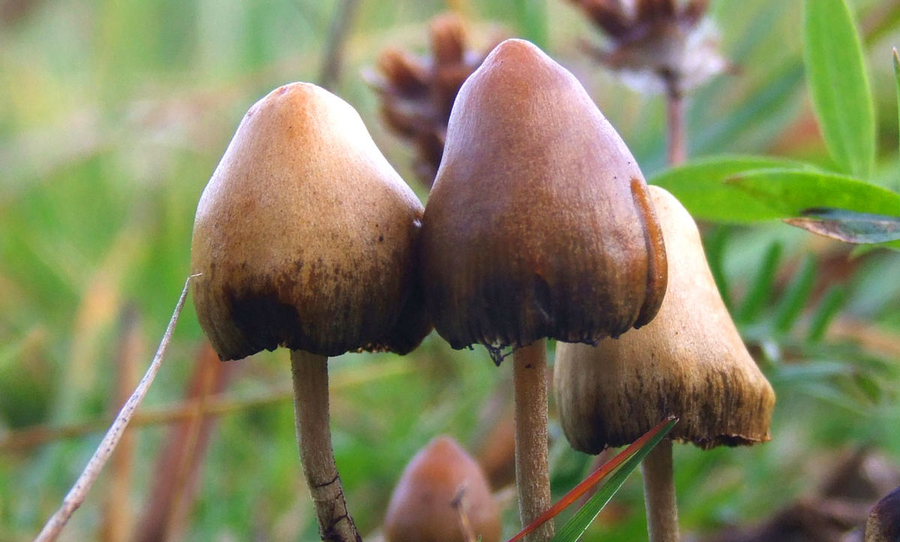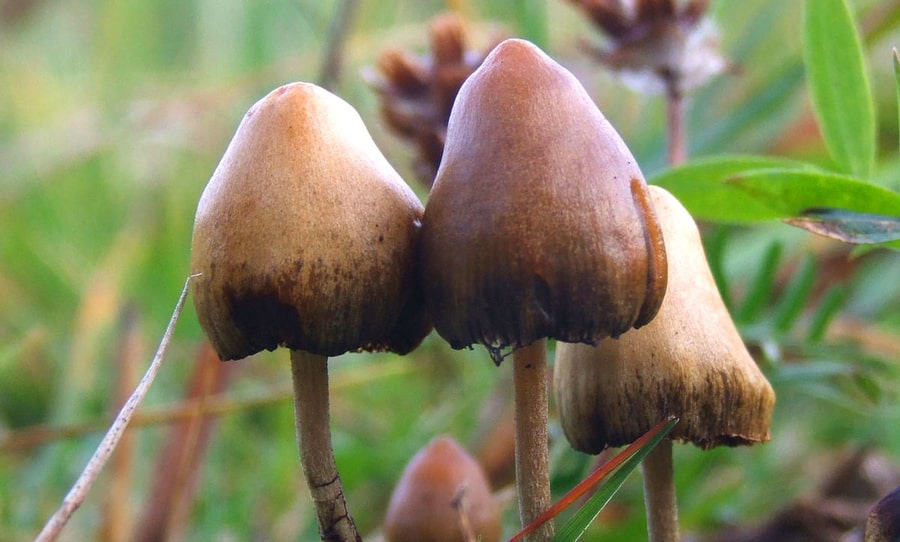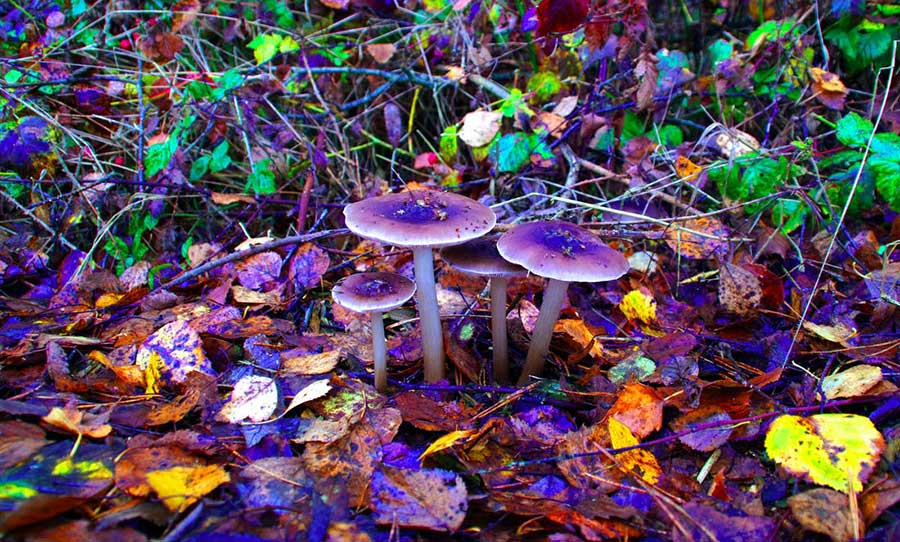Scientists are increasingly discovering that magic mushrooms are the closest thing we can get to a reset button for the brain.
In a study published on Monday, scientists constructed a brain model to study the effects of psilocybin and found that the chemical allows the brain to access otherwise inaccessible states.

Findings from a study published this week show how magic mushrooms destabilise brain networks allowing it to access new states.
The study was published in Proceedings of the National Academy of Sciences and looked at brain images from nine participants who had taken either psilocybin or a placebo. These demonstrated how psilocybin created a feedback loop of neuron activity and neurotransmitter release within the brain, ultimately allowing it to tap into new states.
Normally, neurons travel along familiar paths within the brain. Yet on magic mushrooms, these networks appear to be “destabilised”. Through this destabilisation, a more “global” brain network is created.
Psychedelics like psilocybin and DMT mimic the neurotransmitter serotonin, which relates to happiness and love.
The new research indicates that to create these new networks, a coupling of the effects of neuron activity and the release of neurotransmitters (like serotonin) is required.
According to one of the study’s authors and a senior research fellow at the University of Oxford, Morten Kringlebach, this destabilisation could be the thing that causes psychedelic experiences, but it could also be why psilocybin is having positive results as a treatment for disorders like depression.
Speaking to Inverse, Kringlebach described: “Using this model will be crucial for truly understanding how psilocybin can rebalance neuropsychiatric disorders such as treatment-resistant depression and addiction.”
The study shows how the brain can use its fixed anatomy to operate in so many different ways, so long as the right combinations are involved.
“It has long been a puzzle how the brain’s fixed anatomical connectome can give rise to so many radically different brain states; from normal wakefulness to deep sleep and altered psychedelic states,” he said.
Kringlebach hopes the study will give them the tools to design new ways to treat conditions like depression.
“This new model will give us the much needed, causal tools for potentially designing new interventions to alleviate human suffering in neuropsychiatric disorders.”
Next Up: A single dose of magic mushrooms can reduce depression for five years, study finds



